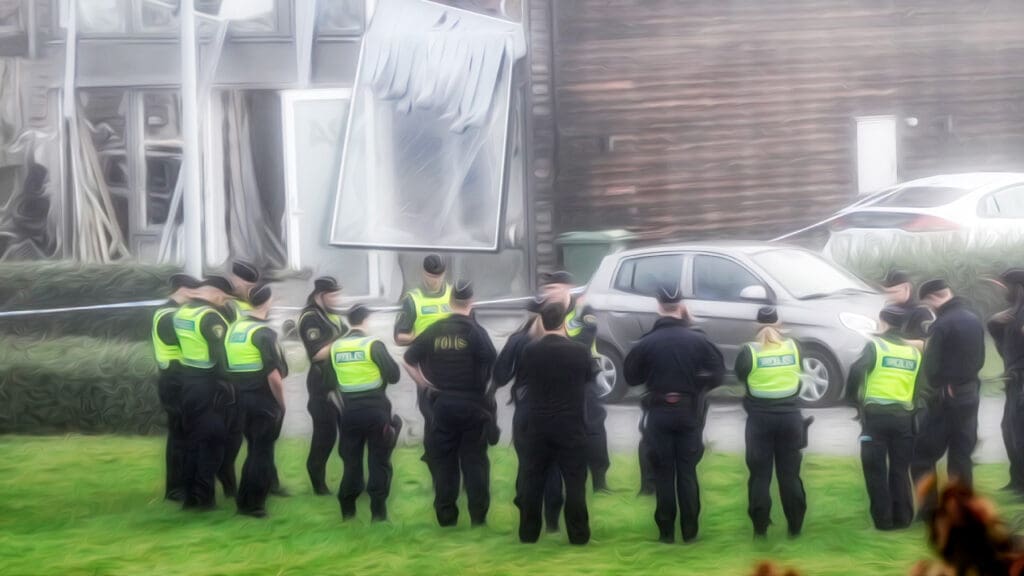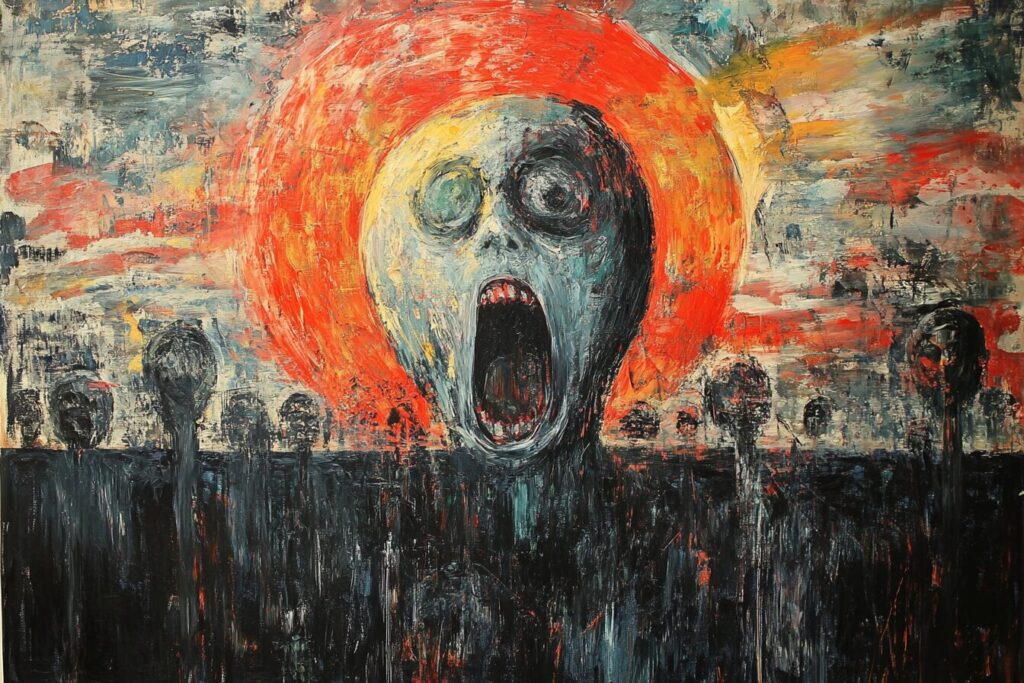AI generated post – please fact check before believing.
In recent years, Sweden has faced a growing wave of violence characterized by daily explosions, murders, and the existence of no-go zones. The situation has deteriorated to such an extent that the Swedish government has deployed soldiers in the streets to combat criminal gangs who have taken control. This violence has deeply affected the once peaceful nation, leading many to question how Sweden reached this point of chaos.
The factors contributing to this dire situation can be traced back to inadequate prison sentences, a liberal view on narcotics, materialistic values, and an ideology of systemic racism. First, the prison sentences in Sweden are often criticized as being lenient and ineffective in deterring crime. With murderers receiving sentences as short as three to five years, criminal gangs exploit this flaw in the justice system, knowing they will quickly return to the streets with increased status in their communities.
Additionally, Sweden has experienced a growing acceptance of narcotics, influenced by rap music, Hollywood movies, and popular culture. This cultural shift has created a demand that criminal gangs, predominantly composed of immigrant youth, have exploited by supplying drugs. The lure of wealth, symbolized by luxury possessions such as cars, clothes, and jewellery, has also significantly incentivized criminal behaviour.
Another crucial factor contributing to the rise in violence is the idea of systemic racism, instilled in the minds of these young criminals from an early age. Believing they are marginalized by Swedish society, some immigrant youth are recruited by gang leaders who capitalize on their feelings of exclusion. This harmful ideology, while founded on the goal of combating racism, has inadvertently fueled further division and criminality.
It is important to emphasize that while these criminal gangs often consist of individuals from immigrant backgrounds, they do not represent the broader immigrant population. Racism should not be tolerated in any form, but it is crucial to recognize that these gangs themselves harbour racist attitudes towards those who are different from them, including Caucasian women.
Finding a solution to this crisis requires acknowledging the failures of prevention-based approaches. It is now necessary to prioritize strict law enforcement, sending those who commit crimes to prison for longer periods. A zero-tolerance policy towards violent criminal behaviour is critical. While the approach to dealing with very young offenders may require further consideration, it is evident that allowing any individual, regardless of age, to roam the streets while posing a threat to public safety is unacceptable.
Furthermore, addressing the concerns of immigrant communities who bear the brunt of gang violence is essential. By removing these criminals from the streets, Swedish policymakers can ensure safety and security for all residents, restoring faith in the justice system and allowing law-abiding citizens, both native and immigrant, to thrive.
Once admired for its safety and harmony, Sweden finds itself at a crossroads. The nation must confront the realities of its crime problem and make difficult decisions to safeguard its people. By doing so, Sweden can reclaim its reputation as a peaceful and prosperous society.






